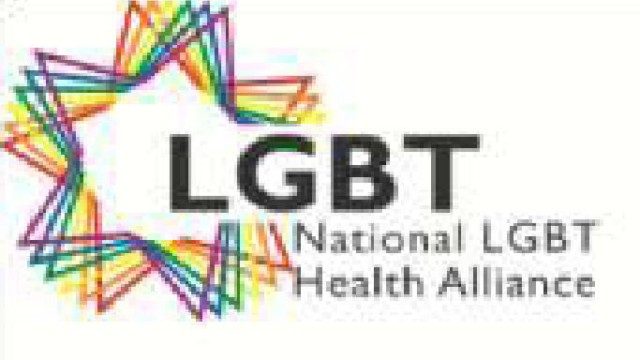The National LGBT Health Alliance has released its 2010 Federal Election National Survey.
While marriage equality remains a key concern for many in the LGBTI community, there are also a range of health and wellbeing issues that affect the day-to-day lives of LGBTI and other sexuality, sex and gender diverse Australians.
Re-analysis of data by the Australian Bureau of Statistics shows homosexual/bisexual people are:
Four times more likely to have ever been homeless (12% „homosexual/bisexual‟ v. 2.9% „heterosexual‟)
Twice as likely to have no contact with family or no family to rely on for serious problems (11.8% v. 5.9%)
More likely to be a current smoker (35.7% v.22%)
Twice as likely to have used illicit drugs (64.6% v. 33.2%)
More likely to have had a chronic condition in the last 12 months (51.3% v. 46.9%)
Twice as likely to have a high/very high level of psychological distress (18.2% v. 9.2%)
Almost three times as likely to have had suicidal thoughts (34.7% v. 12.9%)
Five times as likely to have had suicidal plans (17.1% v. 3.7%)
Four times as likely to have attempted suicide (12.6% v. 3.1%)
[Data gathered from the Australian Bureau of Statistics (2007) National Survey of Mental Health and Wellbeing‟] (Unfortunately the survey did not ask gender identity or allow for sex outside a male/female binary, so we don‟t have this data for trans or intersex Australians, but we know from other research that the numbers are likely to be even worse.)
The Alliance is calling on all major parties to commit to:
Developing a joined up national plan to address the health and wellbeing needs of LGBTI Australians.
Funding the National LGBT Health Alliance as the non-government national peak body for LGBT health and community services.
“The government responds to the needs of other equity groups in Australia with a national plan and a funded national NGO peak body, along with a named Minister/Parliamentary Secretary, national advisory group and a funded departmental unit” said Paul Martin, Chair of the National LGBT Health Alliance. “The LGBTI community has none of this, yet we face higher health risk factors, less access to health services and poorer health outcomes.”
The Alliance is also calling for action across 6 key health & wellbeing themes:
Access, Equity & Inclusion – a requirement that government/government funded services put in place and report on measures to ensure inclusion of LGBTI service users.
An Ageing Population – recognising LGBTI seniors as a „special needs group‟ in aged care/seniors policy.
Sex & Gender Diversity – implementation of the recommendations of the Australian Human Rights Commission‟s “Sex Files” report (www.hreoc.gov.au/genderdiversity).
Mental Health – recognising LGBTI people as a priority population group in mental health policy and programs.
Preventative Health – recognising LGBTI people as a priority population group in the preventative health and women‟s health policies and programs.
Anti-Discrimination – introduction of federal anti-discrimination laws to protect Australians from discrimination on the basis of sexual orientation and gender identity.
“LGBTI and other sexuality, sex and gender diverse Australians have for decades experienced inequality and exclusion. We call on all political parties to continue the process of achieving full equality for LGBTI Australians and to support us to repair the harms done by stigma & discrimination and achieve health for all” said Gabi Rosenstreich, Alliance Executive Director.
Results of the survey will be posted to the Alliance‟s election 2010 webpage lgbthealth.org.au/election2010 as they are received, along with other election news and resources including a full copy of the survey.
